News
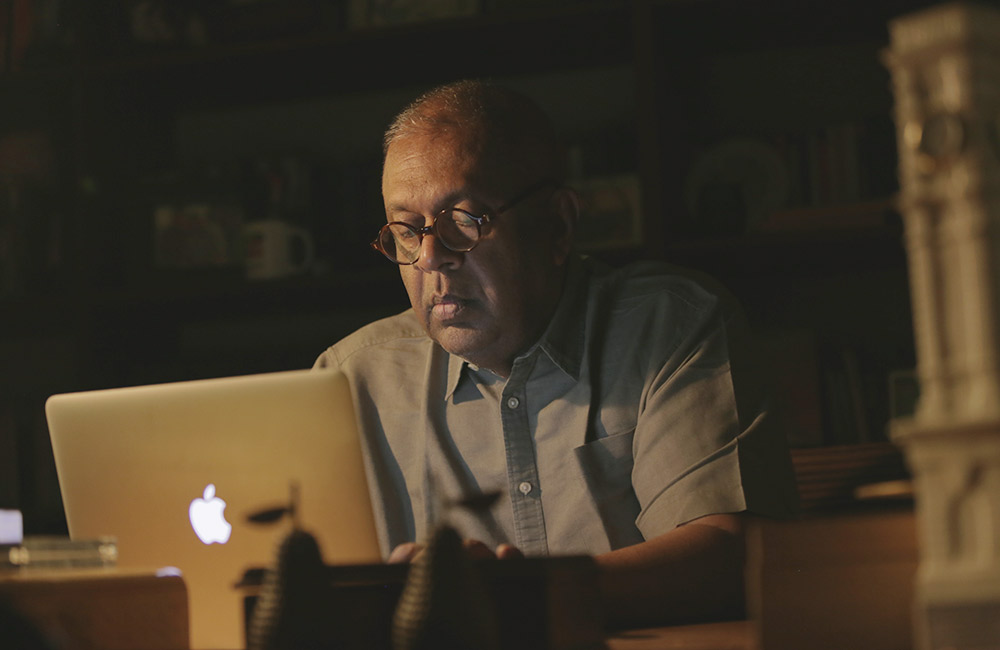
Next few weeks crucial; each one must do our bit - Mangala
Former Finance Minister Mangala Samaraweera in a statement on Wednesday said that the upcoming weeks and months will be tough for all Sri Lankans as our health, livelihoods and economy are under grave threat and as such each individual must do their part to fight this virus.
"As citizens, we must all follow the guidelines issued by the health authorities at all times and join hands – irrespective of any and all differences – to fight a virus that threatens us all, without regard for borders or any differences created by man
Samaraweera criticised President Gotabaya Rajapaksa and the present Government for failing to postpone the upcoming General Election until after nominations had been submitted, calling the nominations process and associated activity “a great public health hazard” that went ahead despite the rest of the nation being advised to stay at home. He also took the present administration to task for failing to reconvene Parliament, terming this “the gravest error of all.”
Sri Lankans have lived through countless crises. Civil wars, insurgencies, constitutional coups droughts and famines are but a few examples. Yet, even for the most seasoned among us, these are testing times. The entire nation - now in lockdown – is anxious. We are worried for our loved ones. We stress that our provisions will not last till the next time curfew is lifted. We fear that we will contract the virus when we set out. Day-earners, in particular, dread that their money will run out before the crisis ends.
We can all take encouragement and hope from the doughty and cooperative spirit we have demonstrated at this time. By and large, the Sri Lankan people and our state have risen to the challenge. Doctors and nurses - the generals and soldiers of our collective fight against the virus - have been doing an extraordinary job. They are at the frontlines, putting themselves at risk to keep us all safe. The public services, police and armed forces also bearing a great burden in supporting their efforts. I know the entire country is grateful to them all. The people have also largely acted with wisdom: we can be proud that following public health guidelines is not the exception across the island, it is the rule. We can also be proud that the Sri Lankan spirit of generosity has been manifest throughout the length and breadth of our island. This is true of the private sector too. Many firms are doing their bit to fight the virus. All in all, I think we can be very proud indeed to be Sri Lankans today. In fact, many tell me that the Sri Lankan people and state are setting an example for the entire region.
Unfortunately, this is not entirely true of our government. First, the Government initially ignored a number of warnings, including warnings raised in Parliament, and failed to take adequate preventative measures, such as in the case of travelers from Italy. Even more worryingly, a tourism promotion video was made by parties close to the very top of the Government just as the pandemic was spreading through the world. There are also reports that persons near and dear to those in positions of power and responsibility have been sent through the VIP lounge to avoid the screening and quarantine process.
That said, once the WHO raised the alarm, the response has been largely swift and effective. We welcome the fact that the government is following scientific and public health advice.
With one important exception, which is my second point. Schools were closed, public places shut and holidays granted. The nation was coming to a stand-still. But the Elections Commission and political party offices were hives of activity. What choice did they have? The country was readying for polls. This was clearly a grave public health hazard. Elections are, after all, the precise opposite of social distancing. They involve campaigning, nominations and tens of thousands of public servants organizing a logistically complex operation over months.
There was no need for elections at that time. The President, although briefed on the coronavirus threat, decided to conduct early polls. Parliament’s term only finishes in August. Polls could be held then. Instead, the President chose to go ahead with polls. Even after the entire country was asked to stay at home the President did not revoke the Election Gazette. By this action he could have bought us all a few more days in the fight against the virus. Since early action matters so much, it may have avoided some of the hardship we are experiencing now. This is why the Elections Commission postponed elections the moment it had the power to do so, on the close of nominations. The Commissioners, sought public health advice, and learnt it was the responsible and right thing to do. The President had access to the same public health advice. Regrettably, his actions appear to have been dictated by other considerations.
Third, there is absolutely no doubt that emergency measures like curfews are necessary. But any disruption to public life of such a wide-ranging and sustained nature must be predictable, hygienic and adhere to the rule of law. The sudden announcement of curfew last Friday, the very short time-frame for purchasing essential items on Tuesday and arbitrary extensions in some districts are regrettable. Citizens, including senior citizens, were unable to maintain social distancing due to the crowds. Pandemonium reigned in the Pettah market. At many shops, citizens had to wait for hours in the hot sun. This is bad enough. But even those at the frontlines – nurses, police and PHIs had to queue-up to purchase provisions. The government should prioritize delivery services to their families. These risks, hardships and sources of anxiety are regrettable and avoidable. I request the authorities to issue clear and predictable instructions. I also request them to request public health experts to study the practice of other democratic countries to avoid these problems.
There is also the question of the rule-of-law. The relevant public health legislation and emergency, such as the Quarantine Act, gives the government the powers it needs to fight this virus. But it also specifies how those powers need to be exercised in order to prevent abuse. Therefore, it is my duty to ask, what regulations has the Minister of Health issued to give the curfew legal effect? What legal sanction can the government use to punish curfew-breakers? In fact, the Government has an obligation to publish online all the regulations, whether old or new, that are currently being used to manage this situation.
Fourth, although it is not yet apparent, perhaps the gravest error the Government has made is its failure to convene Parliament. A pandemic of this magnitude calls for the entire system of governance to work together. There is only so much the President, Prime Minister and Cabinet can do alone. This will become all the more visible should the pandemic mutate into an economic crisis. In order for Sri Lanka to meet both these challenges, it needs to have all arms of government active and working.
Without Parliament, the government is fighting the virus and its effects with one-hand tied. Without legislative approval, the debt-ceiling cannot be raised to provide economic relief. Nor can any other economic relief measure involving government revenue or expenditure.
The Pre-Election Budgetary Position Report has just be published. That too is welcome. But it contains an insidious affront to democracy. It states that the Government intends to prepare what it calls a ‘Vote-on-Account’ using the powers of Section 150(3). First, Section 150(3) does not grant the President powers to prepare a Vote-on-Account. There can be no Vote-on-Account without a vote in Parliament. Section 150(3) of the Constitution clearly specifies that the President’s powers to draw on the Consolidated Fund after Parliament is dissolved is limited to funds necessary “for the public services”. In other words, funds necessary for paying the salaries of government servants and keeping the government running.
Second, the Pre-Election Budgetary Position Report’s stated intention to prepare a so-called ‘Vote-on-Account’ without a vote, usurps the Vote-on-Account voted by Parliament. The Parliament sanctioned Vote-on- ends on 30 April. However, the Pre-Election Budgetary Position Report states that the government intends to prepare a so-called ‘Vote-on-Account’ for March, April and May. It is unacceptable that a vote in Parliament, which the Constitution says “has full control over public finance”, could be overturned by Presidential decree. I will release a detailed statement on this matter in the coming week.
By depriving Parliament of the opportunity to meet the Government is - entirely avoidably and very irregularly - taking public finance into its own hands. This is even more true because, unlike in 2015 when a budget was passed before polls, the government failed to pass a budget before declaring elections.
In challenging times, it is also constitutionally proper to have the people’s representatives meet to steer the country through these perilous waters. Section 70(7) of the Constitution, which empowers the President to convene Parliament in an emergency, exists for precisely such an eventuality. Mr. President, I believe it is your duty and responsibility to ensure that Sri Lanka has a legislature at this time of emergency.
Even if Parliament, on public health grounds, cannot meet as a full House, there are other alternatives. The minimum quorum for Parliament to meet is 20. By mutual agreement, those twenty members can reflect the composition of Parliament. For example, in New Zealand, a Parliamentary Select Committee will function throughout the lockdown to ensure the Government remains accountable to its citizens.
The next few weeks and months are going to be tough for us all. Our health, livelihoods and economy are under grave threat. Each one of us must do our bit. The doctors and nurses are already doing an extraordinary job advising, directing and healing. Public servants are helping implement the measures they recommend. The Government must govern; humanely, scientifically and legally. The Opposition must both support and critique the Government; constructively, responsibly and creatively. As citizens, we must all follow the guidelines issued by the health authorities at all times and join hands – irrespective of any and all differences – to fight a virus that threatens us all, without regard for borders or any differences created by man.
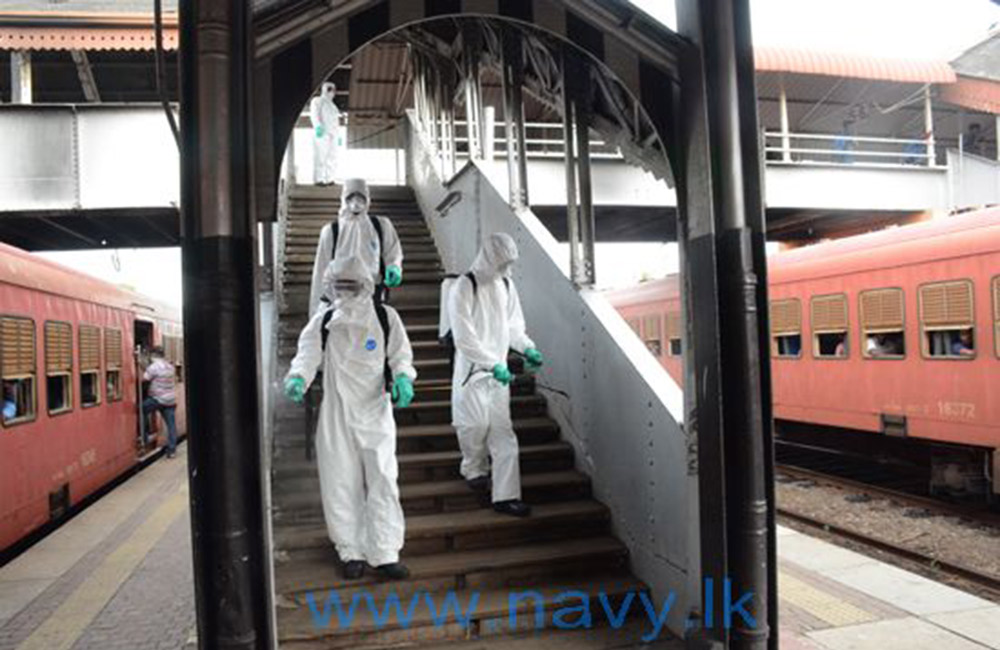
Navy sterilizes Fort Railway Station and main entrances of Colombo harbour for the second time
As part of Sri Lanka Navy’s sterilization programmes in action to keep the coronavirus at bay, similar disinfection programmes were conducted at the Fort Railway Station and main entrances of Colombo harbour today (20th March 2020).
As such, the Navy’s Chemical Biological Radiological and Nuclear Unit executed this sterilization programme for the second time at the Fort Railway Station which is frequented by a large number of people. Further, the Navy also sanitized the main entrances of Colombo harbour to make those premises free of the virus.
Meanwhile, the Navy is working in full swing to arrest further spread of the virus in public places, by continuing its sterilization programmes.
Navy.lk
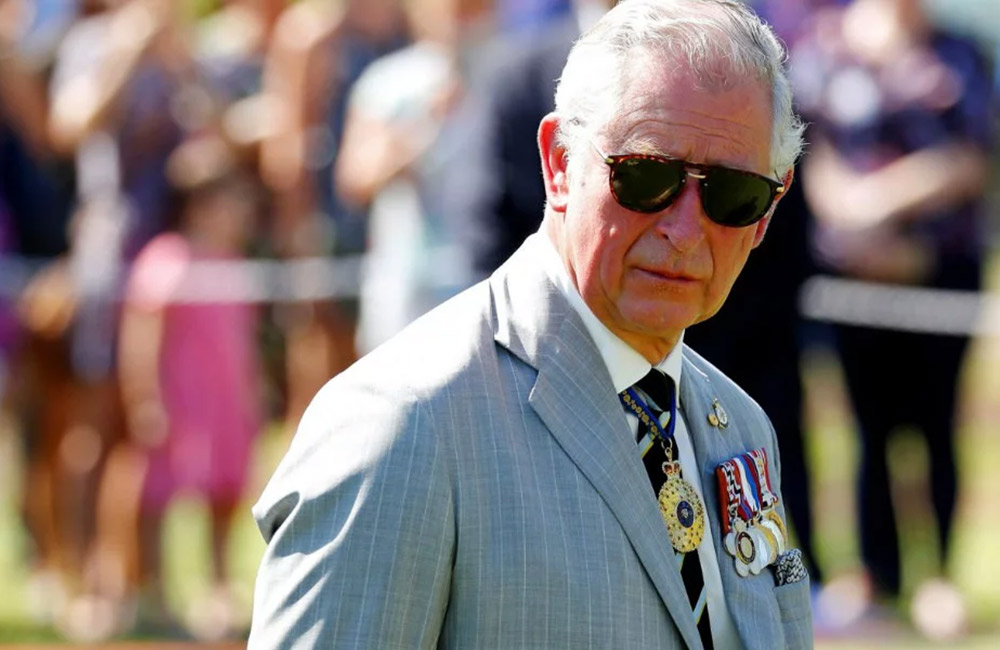
Prince Charles tests positive for coronavirus
The Prince of Wales has tested positive for coronavirus, Clarence House has confirmed.
Prince Charles, 71, is displaying mild symptoms “but otherwise remains in good health”, a spokesman said.
The Duchess of Cornwall, 72, has also been tested but does not have the virus.
Clarence House said Charles and Camilla were now self-isolating at Balmoral, adding the prince has been working throughout home over the last few days.
An official statement read: “It is not possible to ascertain from whom the prince caught the virus owing to the high number of engagements he carried out in his public role during recent weeks.”
(BBC)
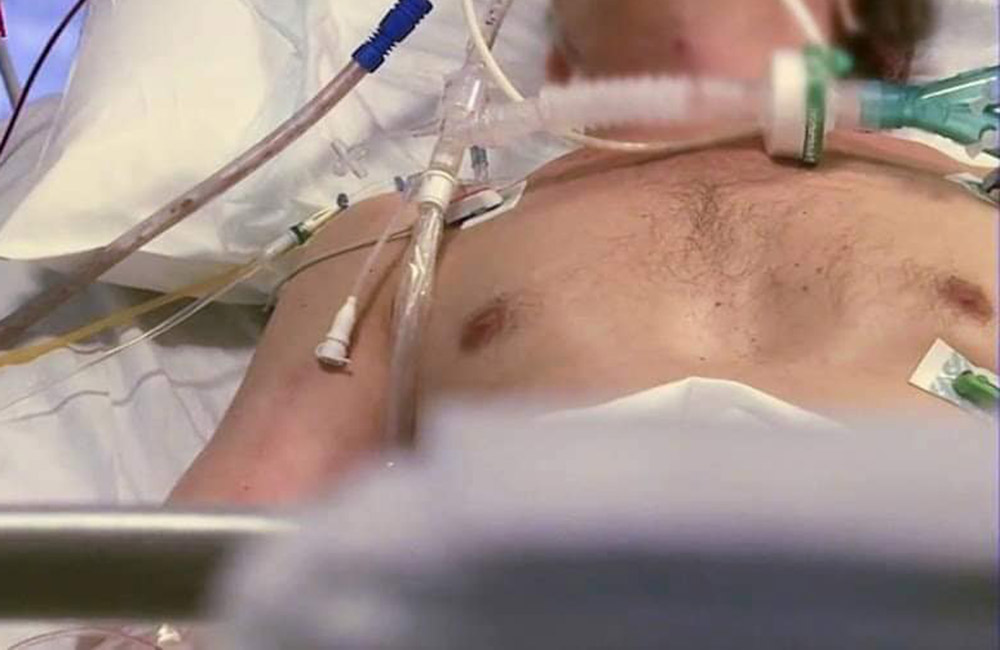
Total no. of Covid-19 cases rises to 65
Confirmed COVID-19 cases in Sri Lanka have risen to 65.
Ministry of Health said a total of 218 people are under medical observation.
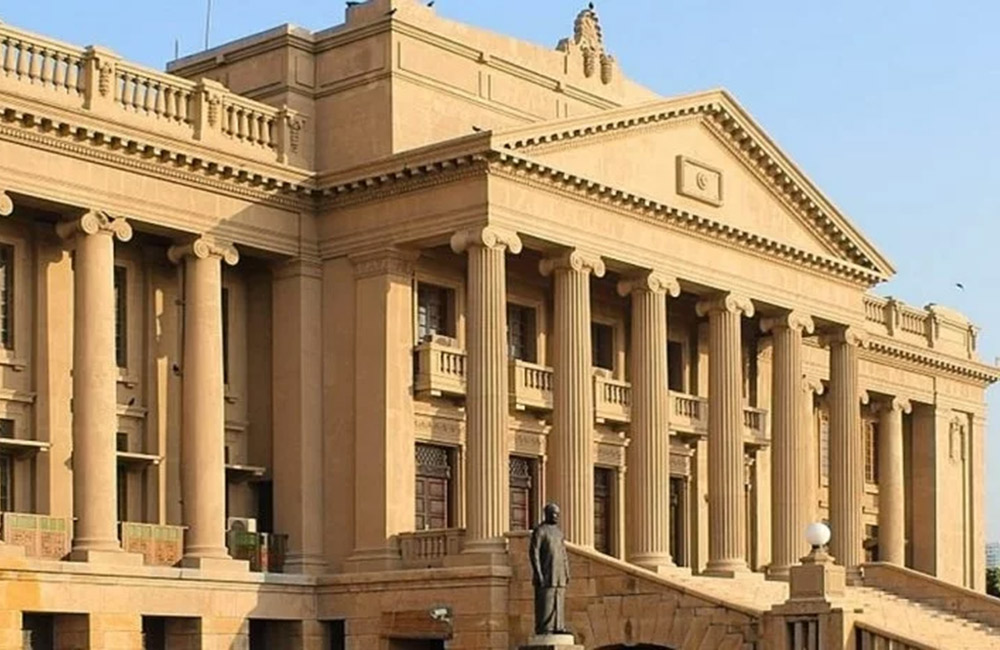
Banking declared as an essential service
The government has declared banking as an essential service in the country, in the backdrop of a curfew, enabling the public to fulfill their essential needs.
Issuing a statement, the President’s Media Division stated that the President has issued instructions to ensure that all banks are kept open despite the countrywide curfew which is in effect.
The President’s Media Division added that the President has also instructed all financial institutions to provide working capital requirement loans at an interest rate of 4 percent.
Further, instructions had also been issued to waive off interest payments for at least six months for the industries of tourism, apparel, plantation, IT, logistics, and Small and Medium Scale Enterprises.
Meanwhile, President Rajapaksa has also instructed financial institutions to charge a maximum rate of 14 percent on local credit card transactions worth upto Rs 50,000.
Directives have also been issued to extend the repayment of all credit cards below the limit of Rs 50,000 until April 30.
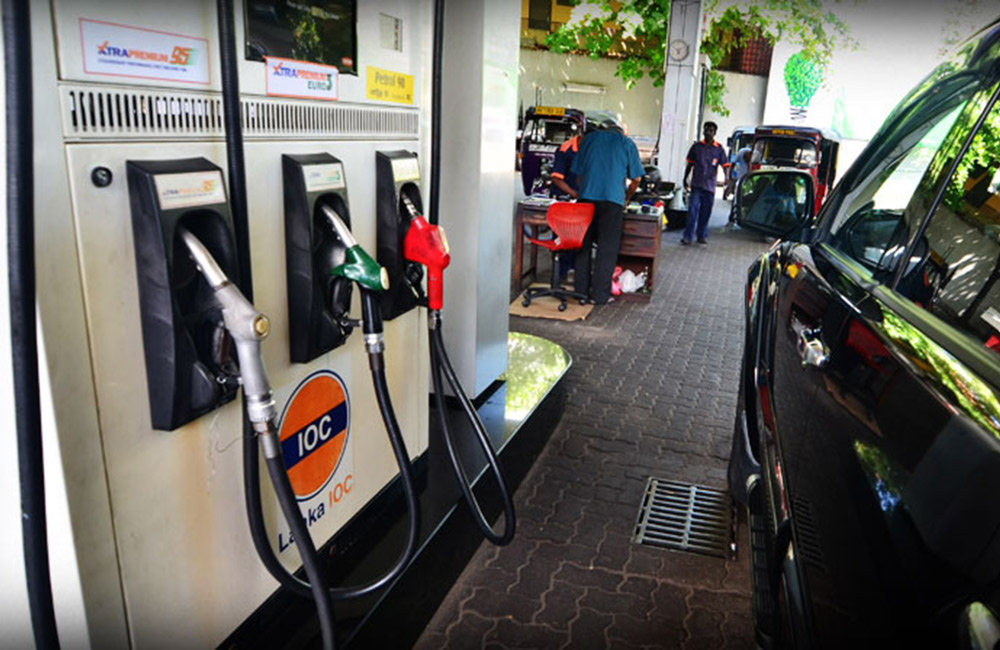
Allegations against Govt. for getting commissions from IOC?
Failure to take advantage of the decreasing crude oil prices in the world market and pass the benefit to the public by reducing the prices in the domestic market has allowed the Indian Oil Company (IOC) to amass billions of rupees in additional profits.
The Indian Oil Company (IOC), one of two suppliers of fuel in the country, has raked in billions of rupees in profits due to the failure of the current government to take advantage of the decreasing global crude oil prices, which have hit a historic low in recent times.
The government has not reduced the domestic fuel prices as it needs a much needed capital injection to an economy that has been plagued by reckless and short-sighted polices that have deprived the treasury of income. The failure to reduce the fuel prices and allowing the IOC to rake in billions in additional profits have led to suspicions in economic circles.
The suspicions have fueled the allegation that certain members in the present government could be getting a 'commission' from the company to be used for propaganda purposes in the upcoming general election.

Accordingly, the IOC sold a litre of 92 octane petrol for Rs.137 and a litre of auto diesel at Rs.104, while maintaining maximum profit margins.
However, crude oil prices in the world market have dropped by less than 30% in recent times. In September 2019, the price of a barrel of Brent crude was USD 65 but it has been drastically reduced to USD 45 by earlier this week.
Former Finance Minister Mangala Samaraweera said in a statement recently that if the government is genuinely interested in providing relief to the people, it is possible to reduce the price of a litre of petrol and diesel by Rs. 20.
However, the both the government and the IOC have failed to take advantage of the decreasing oil prices and pass the benefit to the consumers.
Govt. opposes the reduction in prices
Meanwhile, the Ceylon Petroleum Corporation (CPC) said that there will be no change in the price of fuel.
CPC chairman Sumith Wijesinghe said that before the fuel prices can be reduced, there needs to a be a proper mechanism in place that would allow them to directly pass any benefit of decreasing oil prices in the world market before reducing oil prices in the domestic market. He pointed out that without a proper mechanism in place, the public will not be able reap benefits of price fluctuations in the world market.
Wijesinghe further said that the CPC has been able to make a profit since mid-February due to the crude oil prices in the world market.
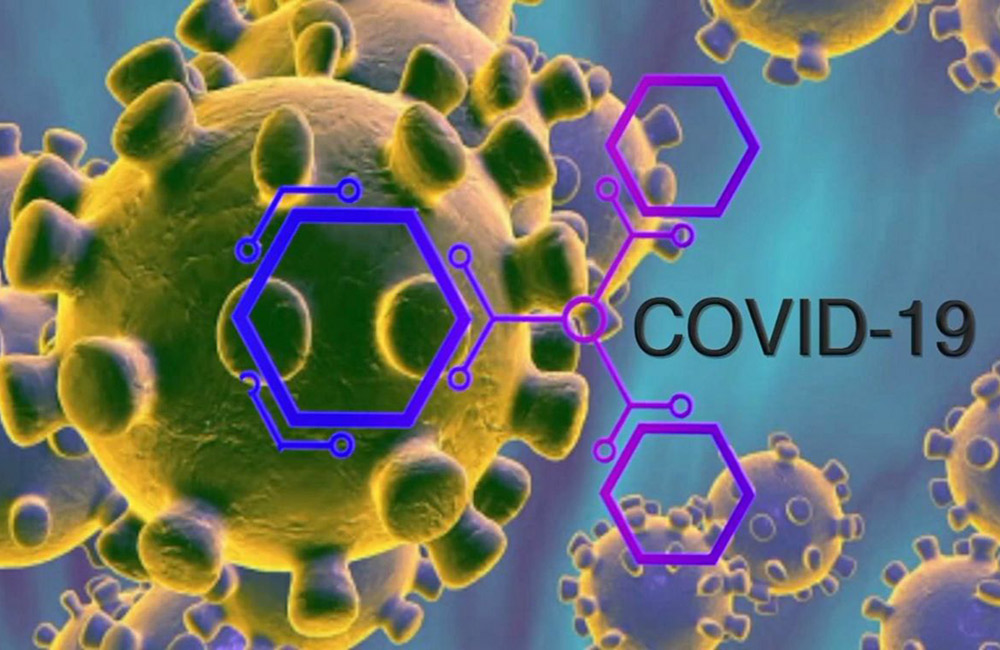
102 people affected by COVID 19
The Ministry of Health has announced that the number of Sri Lankans tested positive for COVID 19 in the country has risen to 102.
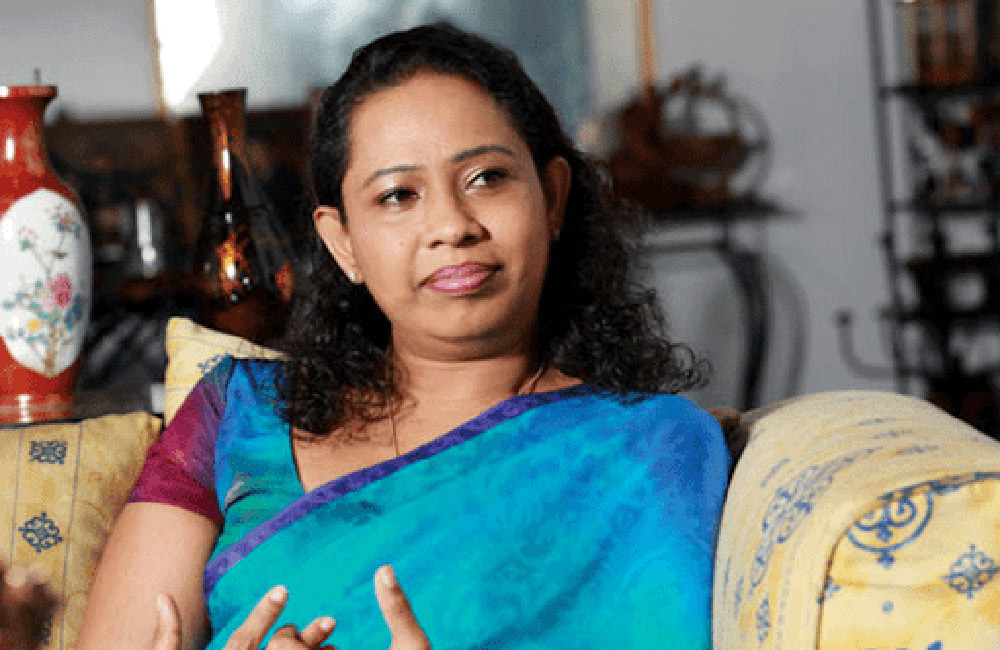
We can't get two-thirds; 113 would suffice - Pavithra
The Sri Lanka Podujana Peramuna (SLPP) has no intention or the capacity to obtain a two-thirds majority in Parliament, Minister of Health, Nutrition and Indigenous Medicine Pavithra Wanniarachchi said.
Minister Wanniarachchi made this statement while addressing a meeting in Ratnapura on Wednesday (11).
"We don't want a two-thirds majority. We can't get two-thirds. Even though we got a two-thirds majority when we won the war, it won't be possible. At least seven MPs from the Ratnapura district should be sent to parliament. 113 MPs from the SLPP should be sent to parliament," she said.
Long before the general election announced, the SLPP had declared that they would definitely repeal the 19th Amendment with a two-thirds majority.
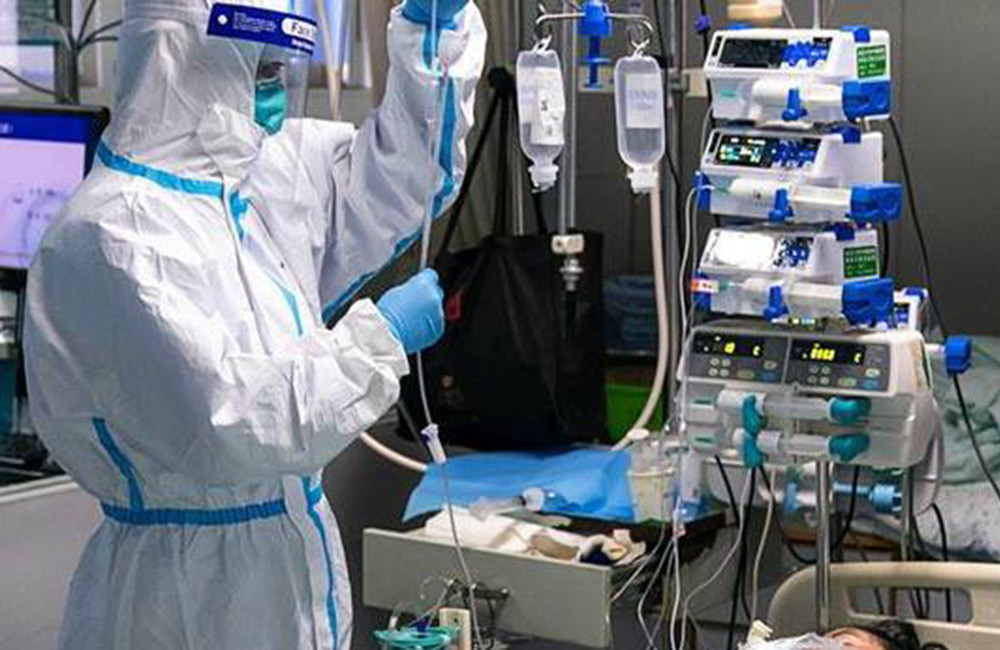
COVID-19 cases increases upto 82
The government Information Department states that two more COVID-19 cases have been identified.
Thereby the total number of patients have increased upto 82.
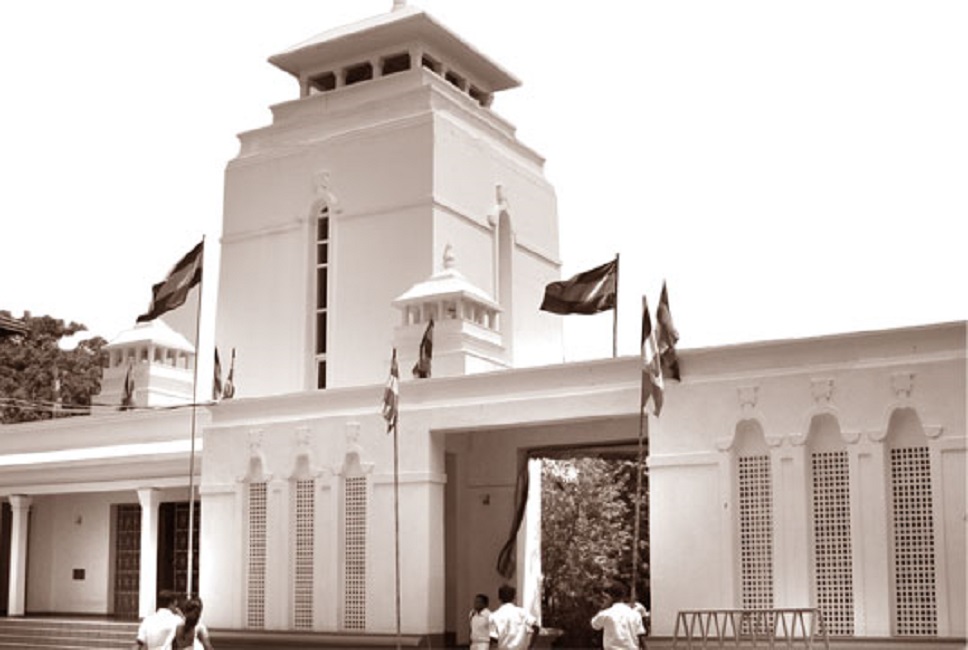
No need to panic: Student at Ananda hasn't contracted the virus - DG Health Services
However, it is reported that the child and his family members have been detained and home quarantined.
The Director General of Health Services has confirmed that the child has not contracted the virus.
The person who had contracted the virus was confirmed to be a 52 year old tour guide from Mattegoda, Colombo. He is an employee of Aitken Spence and has reportedly gone to work last Friday (06).
It is said that five employees have already been admitted to the IDH hospital to be quarantined.
The person that was identified at the IDH hospital of having contracted the virus had not returned home as he had suspicions of having contracted the virus.
He had traveled to several parts of the island with a group of Italian tourists and had visited his family doctor shortly after his tour instead of going home as he was feeling indisposed.
He was rushed to the IDH hospital following instructions given by the doctor.
The Ministry of Education has informed the Provincial Directors of Education to limit students' extracurricular activities outside the classroom.
Secretary of the Ministry of Education, NHM Chithrananda said that a instruction manual has been sent to all Provincial Directors of Education
The Provincial Directors of Education will forward the instruction manual to all principals.
Meanwhile, the Ministry of Education has directed the relevant authorities to subject both parents and children that arrive from overseas for a 14-day quarantine.
Furthermore, the Education Ministry has instructed all schools to suspend educational tours until further notice

Government decision on prevailing police curfew
The President’s Media Division said, the islandwide police curfew currently imposed in the country has been extended till 6 AM on Tuesday (24th of March), to the Colombo, Gampaha, and Puttalam districts. To the districts of Colombo, Gampaha, and Puttalam, the curfew will be lifted at 6 in the morning on Tuesday, 24th March and will be re-imposed at 2:00 pm the same day.
The police curfew to the remaining districts will be lifted at 6 AM on Monday (23rd March) and re-imposed at 2:00 pm the same day.
Issuing a communique, the President’s Media Division said, the government also instructed all bars in the country must remain closed during this period.
The Government also requested the public not to panic unnecessarily about a shortage of food, as all the essential food items are adequately stocked and the distribution of these items will continue as usual. The government has also instructed the police to allow farmers in the country to continue with cultivation activities without any hindrance.
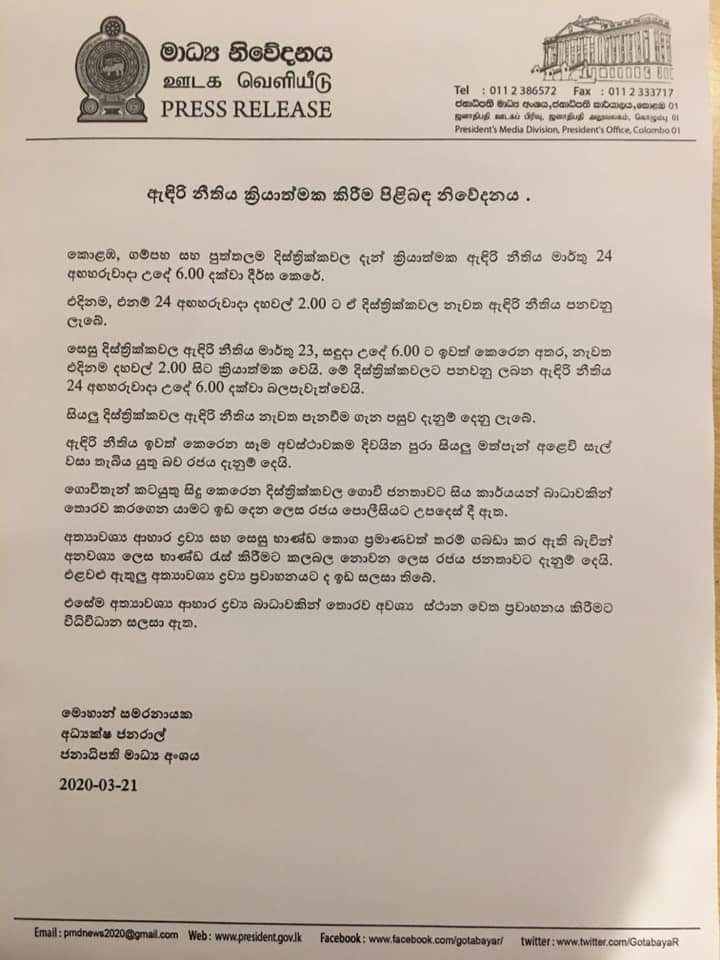
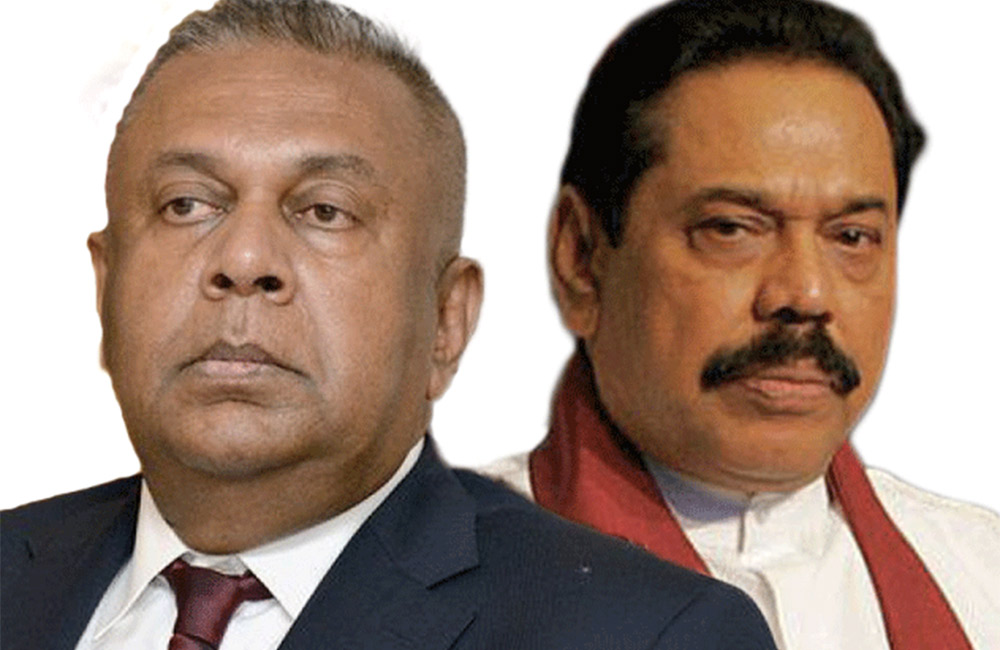
Mahinda legally bound to reveal pre-election budgetary position before March 23
Page 410 of 663